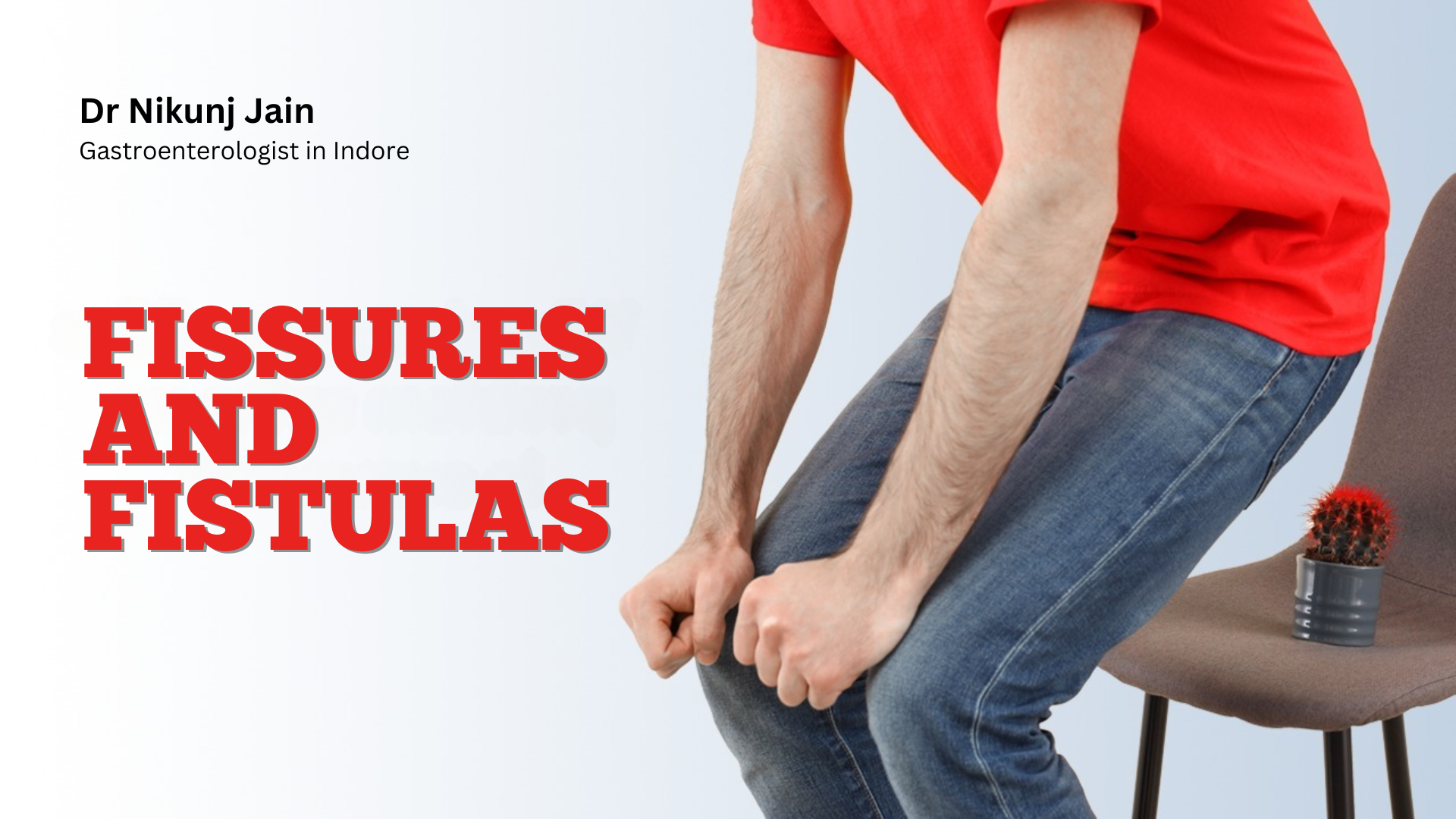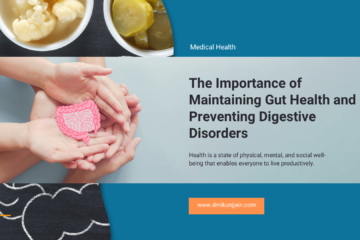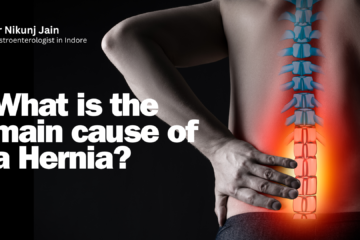Introduction
Anorectal issues, though often considered taboo, are prevalent and can significantly impact one’s quality of life. Two common conditions that affect the anal region are fissures and fistulas. In this comprehensive guide, we will delve into the causes, symptoms, and treatment options for fissures and fistulas, aiming to provide a clear understanding of these often misunderstood conditions.
Fissures
Definition and Types
An anal fissure is a small tear or cut in the lining of the anus, typically caused by trauma or injury during bowel movements. Fissures can be categorized into two types:
- Acute Fissures: These are sudden tears in the anal lining, usually caused by trauma such as passing a large or hard stool.
- Chronic Fissures: If an acute fissure doesn’t heal properly, it may become chronic. Chronic fissures can persist for an extended period, causing ongoing discomfort.
Causes
Several factors contribute to the development of anal fissures:
- Constipation: Straining during bowel movements due to constipation can lead to the formation of fissures.
- Diarrhea: Persistent diarrhea can irritate and damage the anal lining, increasing the risk of fissures.
- Childbirth: In women, the strain during childbirth can result in anal fissures.
- Anal Sex: Engaging in anal intercourse without proper lubrication and relaxation can cause trauma and fissures.
Symptoms
Identifying the symptoms of anal fissures is crucial for early diagnosis and effective treatment:
- Pain during Bowel Movements: One of the primary symptoms is intense pain and burning sensation while passing stools.
- Blood in Stool: Bright red blood on the toilet paper or in the toilet bowl may indicate a fissure.
- Itching and Irritation: The anal region may become itchy and irritated.
- Muscle Spasms: Some individuals experience spasms in the anal sphincter muscles.
Diagnosis
To diagnose anal fissures, healthcare professionals may perform a physical examination and consider the patient’s medical history. In some cases, additional tests like an anoscopy or sigmoidoscopy may be recommended.
Treatment
- Dietary Changes: Increasing fiber intake and staying hydrated can help soften stools, making them easier to pass.
- Topical Medications: Applying topical ointments or creams containing nitroglycerin or calcium channel blockers can help relax the anal sphincter and promote healing.
- Sitz Baths: Soaking in warm water baths, known as sitz baths, can provide relief and promote healing.
- Botox Injections: In cases where other treatments fail, injecting Botox into the anal sphincter can help relax the muscles and promote healing.
- Surgical Intervention: For chronic or severe fissures, surgical options like lateral internal sphincterotomy may be considered.
Fistulas
Definition and Types
An anal fistula is an abnormal tunnel-like connection that forms between the anal canal and the skin near the anus. Fistulas typically develop as a result of an untreated or recurring abscess, which is a collection of pus.
- Intersphincteric Fistula: The tunnel stays within the muscles around the anal sphincter.
- Transsphincteric Fistula: The tunnel extends through the anal sphincter muscles.
- Suprasphincteric Fistula: The tunnel extends above the anal sphincter muscles.
- Extrasphincteric Fistula: The tunnel extends outside the anal sphincter muscles.
Causes
Anal fistulas are often associated with the following factors:
- Anal Abscess: An untreated abscess can lead to the formation of a fistula.
- Inflammatory Bowel Disease (IBD): Conditions like Crohn’s disease or ulcerative colitis increase the risk of developing fistulas.
- Infection: Infections in the anal glands can contribute to the development of fistulas.
Symptoms
Recognizing the symptoms of anal fistulas is crucial for seeking timely medical attention:
- Persistent Anal Discharge: Pus or fluid draining from an opening near the anus is a common symptom.
- Pain and Swelling: Discomfort, pain, and swelling around the anus may be present.
- Recurrent Abscesses: Individuals with anal fistulas may experience repeated abscesses.
- Fever: In some cases, fever may accompany the symptoms, indicating infection.
Diagnosis
Healthcare professionals diagnose anal fistulas through a combination of physical examination, medical history review, and imaging studies such as MRI or fistulography.
Treatment
- Fistulotomy: This surgical procedure involves cutting open the fistula to allow for drainage and healing.
- Seton Placement: A seton, a piece of thread or rubber, may be placed through the fistula tract to facilitate drainage.
- Fistula Plug: A fistula plug, typically made of biocompatible materials, may be used to seal the fistula tract.
- Advancement Flap Repair
- Fibrin Glue Injection
Conclusion
In conclusion, understanding anal fissures and fistulas is essential for recognizing symptoms, seeking timely medical attention, and exploring appropriate treatment options. If you suspect you may be experiencing symptoms of an anal fissure or fistula, it is crucial to consult with a healthcare professional for a proper diagnosis and personalized treatment plan. Remember, early intervention is key to managing these conditions and improving your overall quality of life.
Meet Your Doctor

The Best Laparoscopic Surgeon in Indore
Dr. Nikunj Jain is a renowned Gastro & Minimal Access Laparoscopic Surgeon.
He is a Surgical Gastroenterologist, Consultant Surgeon at Apollo Hospital, Indore having expertise in laparoscopic, Laser, and Robotic Surgery.
You can be confident that with Dr. Nikunj Jain your well-being is in the capable hands of a highly-skilled Minimally Invasive Laparoscopic & RoboticSurgeon. Dr. Nikunj Jain strives to treat his patients with an honest, straightforward, and caring nature in a safe and comfortable environment.
Dr. Nikunj Jain has been awarded Dr. B. Ramamurthi National Gold Medal by National Board of Examination.
drnikunjjain@gmail.com
Email your reports
+91-97114-59697
Call Now to book Appointment
Head Quarter Building
3rd Floor, Satya Sai Square, Vijay Nagar, Indore – MP
Apollo Hospital
Sector-D, Scheme No 74C, Vijay Nagar, Indore – MP
Read More –
Gallbladder Stones: Causes, Symptoms, Diagnosis, Treatment, and Prevention – https://drnikunjjain.com/gallbladder-stones-causes-symptoms-diagnosis-treatment-and-prevention/
Hernia: Causes, Symptoms, Diagnosis, and Treatment – https://drnikunjjain.com/hernia-causes-symptoms-diagnosis-and-treatment/
Piles: Causes, Symptoms, and Treatment Options – https://drnikunjjain.com/piles-causes-symptoms-and-treatment-options/



